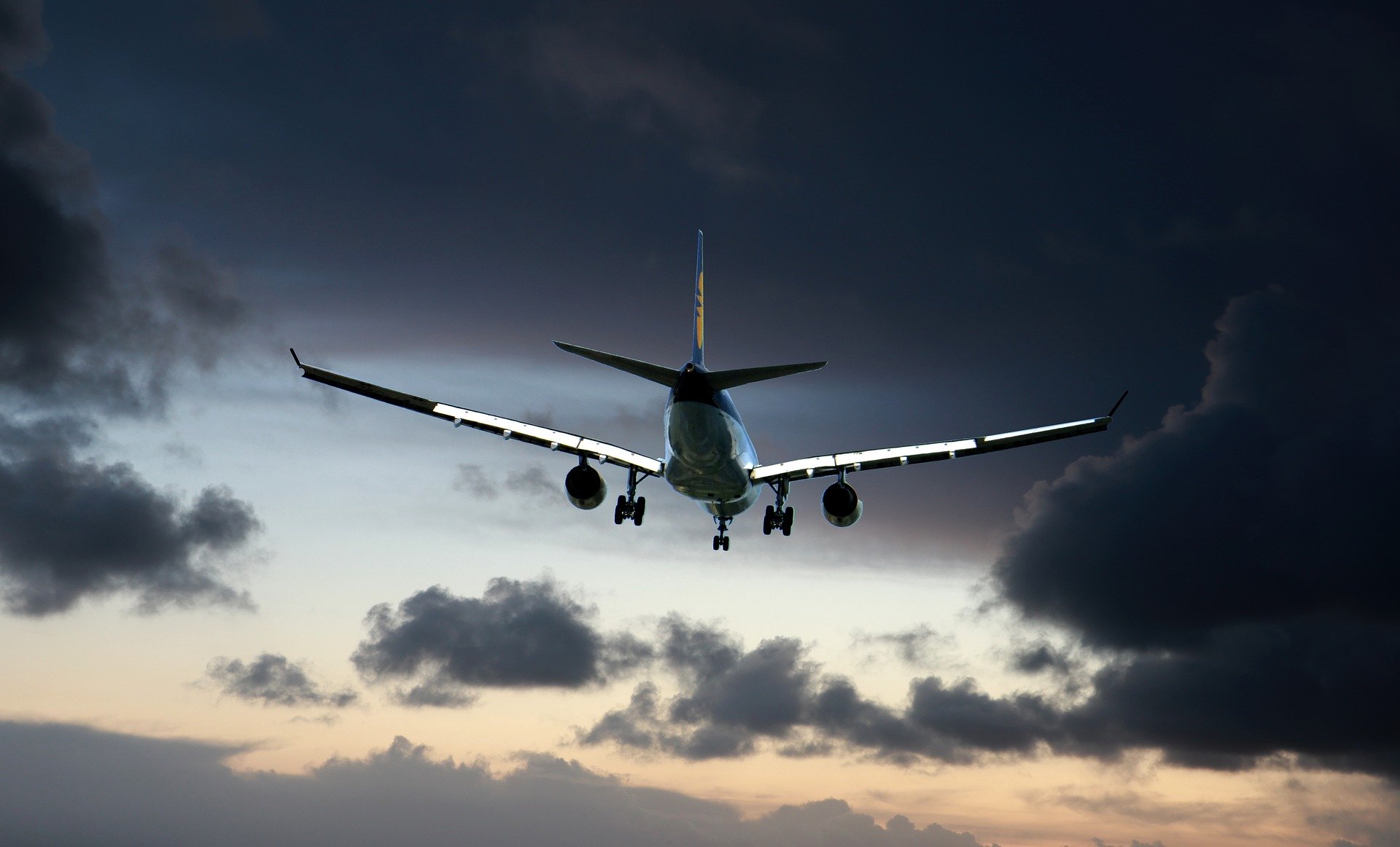In this day in age, it seems as if all individuals have at least once piece of electronic equipment with them, often at all times. That electronic equipment may include a cell phone, a beeper, a laptop, or a personal data assistant, commonly known as a PDA. If you are one of the individuals that regularly travels around with one or more of these electronic items, there is a good chance that you will be taking them with you when you board an airplane. If so, there is a chance that you may be concerned with whether or not they are a violation of air travel rules.
When it comes to determining which electronics are prohibited aboard an airplane, you will find that almost all are allowed. Despite this allowance, it is still a good idea that you check with your airline or airport, in advance. Since most electronic items are expensive, you not want to get to the airport only to learn that you are prohibited from bringing all of your belongings with you, especially something as expensive as most electronic equipment.
As previously mentioned, many individuals keep a cell phone or pager with them at all times. All cell phones and pagers are permitted aboard airplanes. In addition to being permitted onboard, they are allowed to be stored in your carryon luggage. Your cell phone or pager, like most other electronic equipment, will be suspect to inspection, if need be.
Laptops and personal data assistants, commonly known as PDAs, are also permitted aboard airplanes. You are also allowed to store them in your carryon luggage, if you choose to. If stored in your carryon luggage, your laptop or personal data assistant machine will need to be scanned along with the rest of your carryon luggage. This screening process is safe and should not hurt your equipment.
While the screening process is safe for most electronic equipment, it isnt for all. There is a chance that your film, especially film that has yet to be developed, could be ruined by the x-ray machines. In the event that you are storing a camera in your carryon luggage, you will need to notify airport security. They have alternative ways of checking your camera or film equipment. Other recording devices, such as digital cameras or camcorders, are also permitted aboard an airplane, even in your carryon luggage. It is safe for these items to go through the x-ray screening process.
As previously mentioned, many of the above mentioned electronics can either be stored in your carryon luggage or your checked baggage. If you are able to store the items in your carryon luggage, you are advised to do so. It is no secret that checked baggage gets tossed around in a number of different fashions. With expensive electronic equipment, your equipment is less likely to suffer damage if you are the one in charge of caring for it. In addition to a reduction in damage, most airlines are restricting the use of baggage locks. This means that it may be unwise for you to store expensive equipment in your checked baggage, especially if you cannot lock it. Honestly, you never know who may have access to it.
By keeping the above mentioned information in mind, you should be able to pack correctly for your next trip, whether or not that trip is a business trip. Although most airlines do not have restrictions on the electronic equipment that you bring onboard, you will find that the use of these items is often restricted. A large number of airlines will only let you power up your camcorder, cell phone, pager, PDA, or laptop during specified times.
Discover more from HolidaySistic.com
Subscribe to get the latest posts sent to your email.

